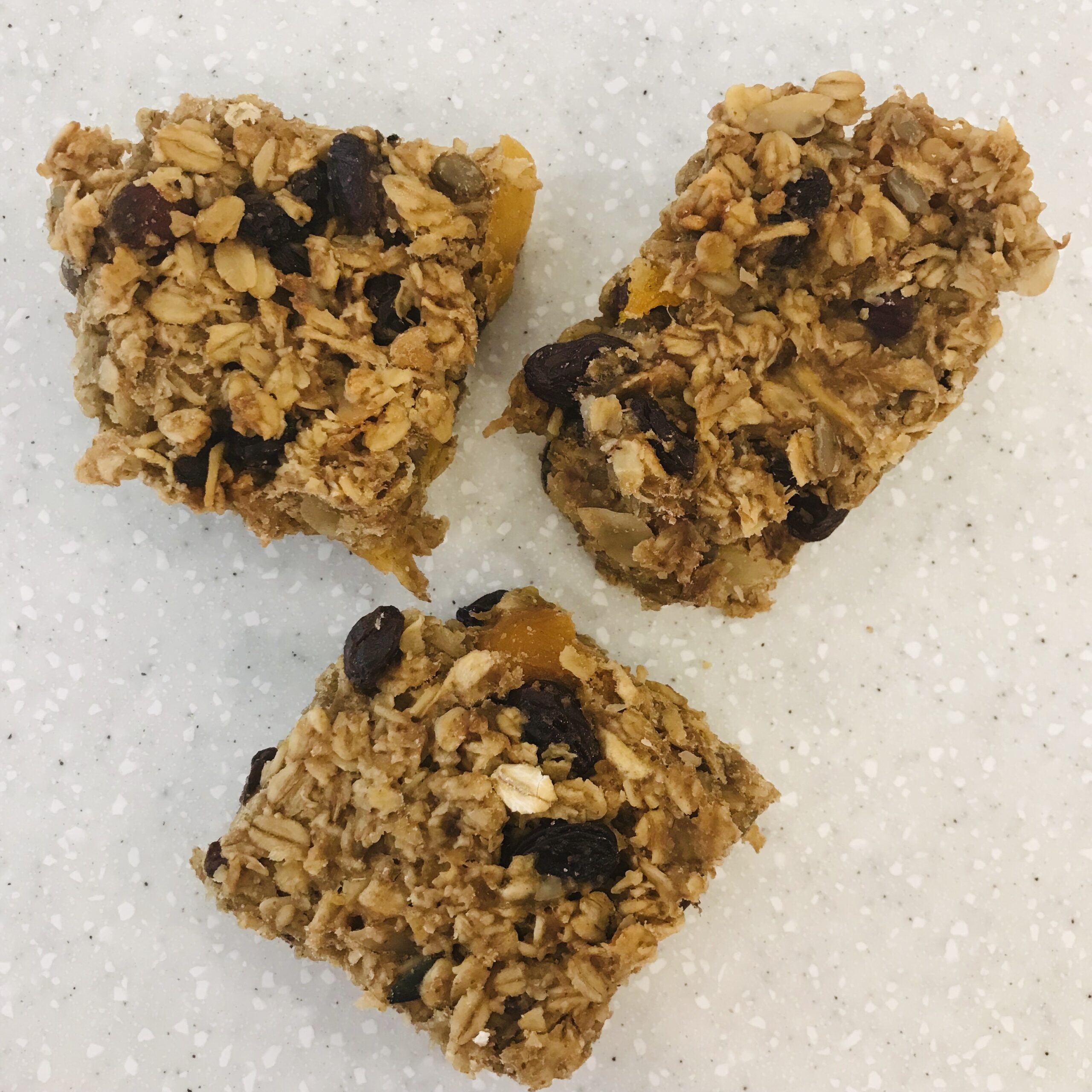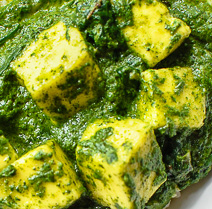Kichari, rice-mung stew (or porridge), is wonderfully light on digestion yet tasty and satisfying. It is often given to people who are ill or recovering from illness, like an Ayurvedic ‘chicken-soup’. If you’d like a follow along video to make this, here is me demonstrating how to make it at the Wise Things Festival.
For how to make ghee, see here. For more details on mung dal and other pulses, see here.
Kichari (rice-mung stew)
Ingredients
- 75 g yellow split mung dal (ideally soaked for few hours)
- 150 g white basmati rice
- 1 ½ tbsp ghee (or coconut oil)
- ¼ tsp black mustard seeds (optional)
- ½ tsp cumin seeds
- ½ tsp fennel seeds (or powder)
- ½ cm fresh ginger chopped
- ½ tsp turmeric powder
- 1 tsp coriander powder
- 1 pinch hing (optional)
- 1 litre boiled water
- ¾ tsp rock salt
Instructions
- Wash mung dal and rice till water runs clear, set aside.
- Warm ghee/coconut oil on a medium heat.
- Add mustard, cumin and fennel seeds and cook until they pop (few minutes). If using fennel powder instead, add that in the next step.
- Add fresh ginger and the powders (turmeric, coriander and hing). Stir briefly.
- Add the rice and mung, stir constantly.
- Add freshly boiled water, turn up heat and cover.
- When the water comes to a boil, stir in the salt, reduce heat, cover, and simmer for about 40 minutes or until there is very little water left and it has a vegetable stew consistency. Stir occasionally.
Video
If you are having this as part of a cleanse or Panchakarma, you will be told whether to have with or without vegetables.
If eating with vegetables have them:
- Simply steamed
- Or sautéed with ghee and spices (making a tasty curry type dish)
- Or added to the kichari (about half way through cooking).
For example:
- asparagus, carrots, celery, green beans, squash, sweet potato or courgette. Spinach, kale etc also work well added to the kichari.


2 Comments
Aarti · November 28, 2020 at 23:49
Thank you Kate – the video is very informative and useful covering lots of useful information!
Any chance of putting up the recipe for the chicken soup …
Kate · November 29, 2020 at 12:58
Thanks Aarti.
For the chicken soup, it is just a matter of slow-cooking chicken (on the bone) covered in water for 24-48 hours. You can add a little salt and any spices you like (e.g. ginger, cumin, coriander).